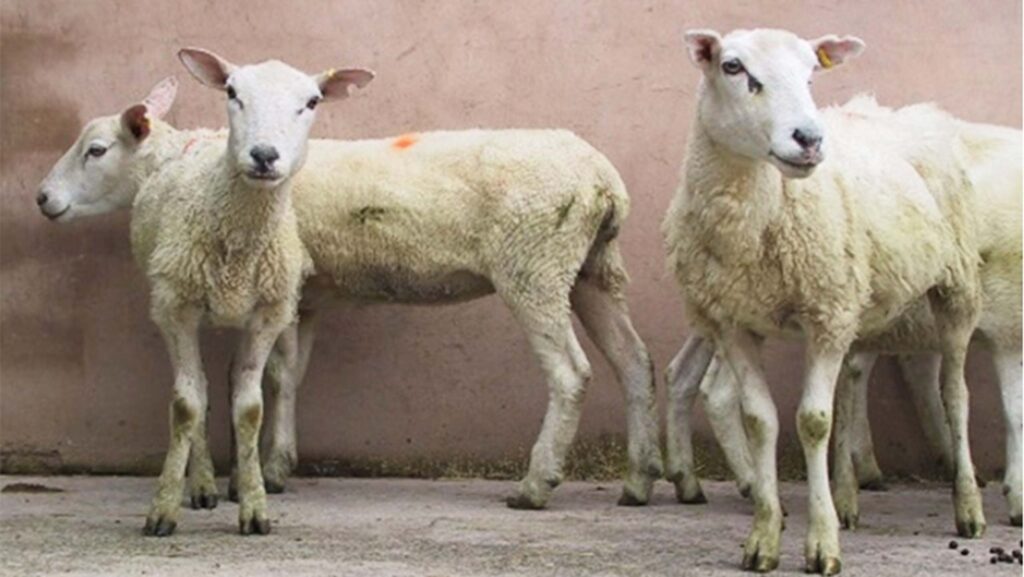Haemonchus vaccine given UK funding aid
 Ewes with haemonchosis © National Animal Disease Information Service
Ewes with haemonchosis © National Animal Disease Information Service Efforts to produce an affordable vaccine for a fatal bloodsucking parasite affecting sheep farms across the globe have been given a seven-figure boost by a tech giant.
The Bill and Melinda Gates Foundation has funded a joint vaccine development project between the Moredun Research Institute, Edinburgh, and Pirbright Institute, Surrey, to the tune of £1.7m.
Conventional wormers have achieved control in the past, but Moredun and Pirbright researchers say resistance issues mean anthelmintic treatments are losing efficacy on sheep and goat farms.
See also: How to deal with rising haemonchus cases
Lead scientists say they will develop technology to pinpoint a weak spot in the gut of the haemonchus contortus (barber’s pole) worm to produce a low-cost vaccine.
The vaccine will use monoclonal antibody technology.
A current haemonchus contortus vaccine exists, but its production uses worm gut extracts, making the cost prohibitive, say the project’s lead scientists.
Professor Tom McNeilly, scientific director of the Moredun Research Institute, said: “This partnership will use novel and emerging technologies to produce a vaccine with the potential to allow livestock producers throughout low- to middle-income countries to put animal health and welfare at the centre of ensuring their livelihoods and food security.”
What is haemonchus contortus?
- An internal parasite that causes clinical signs of bottle jaw anaemia, weakness, and death
- Climate change is leading to increased reports of the parasite in temperate regions of the UK
- Warmer, wetter conditions favour the parasite
- One of the most economically important parasitic nematodes of sheep and goats globally
